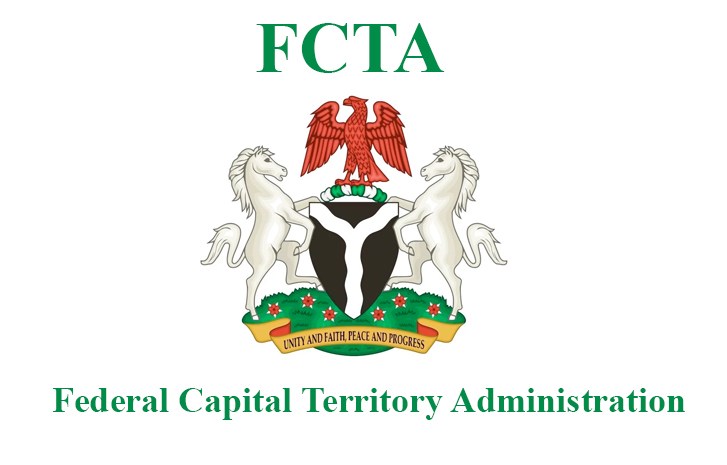Why FCTA makes entrepreneurship education compulsory
The Federal Capital Territory Administration (FCTA), through the Secondary Education Board (SEB) has made entrepreneurship education compulsory in all secondary schools. Chairman of the board, Alhaji Yahaya Musa Mohammed, who made this known at the FCT-SEB Entrepreneurship Exhibition and Awards at Cyprian Ekwensi Arts and Culture Centre, Area 10, Abuja, on Tuesday said entrepreneurship will […]

Federal Capital Territory (FCTA)
The Federal Capital Territory Administration (FCTA), through the Secondary Education Board (SEB) has made entrepreneurship education compulsory in all secondary schools.
Chairman of the board, Alhaji Yahaya Musa Mohammed, who made this known at the FCT-SEB Entrepreneurship Exhibition and Awards at Cyprian Ekwensi Arts and Culture Centre, Area 10, Abuja, on Tuesday said entrepreneurship will help tackle unemployment in the country.
- World Bank counters FG, says 7m Nigerians plunged into poverty
Kidnappers hold district head, release wives after N5m ransom in Niger
“What we are showcasing today is the product of a vision now being put into practice and it will go a long way in bringing about a solution to the recurring cases of unemployment and insecurity that we have currently in Nigeria.
“Our target is for a short period from now; our students in FCT should be able to fend for themselves and also, when they get into tertiary institutions, especially those who are from underprivileged homes, they should be able to fend for themselves and complete their tertiary education; after which they will become employers of labour rather than seeking for white-collar jobs,” he said.
He said 23 subjects have been approved by the Federal Ministry of Trade and Investment under the Trade Test examinations.
Muhammad also said teachers have been employed in the relevant subjects to ensure that students are taught qualitative entrepreneurship skills preparatory to writing and being certificated in Trade Tests 1, 2 and 3.
Also speaking at the event, the director of SEB, Mrs Nanre Emeje, said the board was determined to breed children that would attend schools and become Chief Executives Officers (CEOs) of companies.
“As a matter of fact, we already have some of them that graduated from our school about three or four years ago and are already CEOs of companies. So we want many of them leaving school and going as far as they can with their passion for entrepreneurial skills.
“One thing we have also done is to push them further not only in learning the skills but we have been able to encourage them to write Trades 1, 2 and 3 examinations in our schools.
“We have Federal Ministry of Labour and Productivity who have come in and accredited some of our schools and now we are writing Trades 1, 2 and 3 in our schools.
“This is a certificate that is now backing the skills that they have. So this is how far we have gone and already we have partnerships with some of these skills centres like the Industrial Trust Fund (ITF). Some of the CEOs are also offering that we could bring our students so that they can learn more,” Mrs Emeje said.
Bashir Muhammad, Director, Human Resources Management, who represented the Permanent Secretary of FCTA, Mr. Olusade Adesola, said the FCT Administration was giving maximum attention to entrepreneurship education aimed at filling the gap between self-employment and seeking white-collar jobs.
